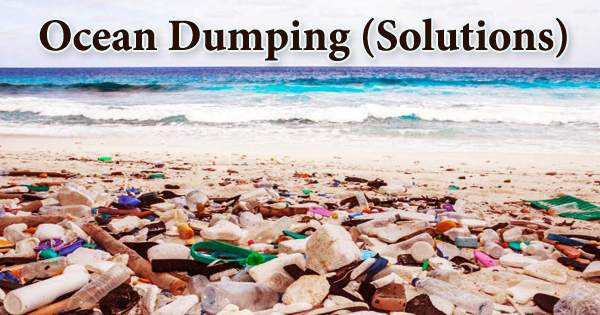According to the newest Intergovernmental Panel on Climate Change (IPCC) Working Group III (WGIII) report issued today, the world has less than three years to stop the tide of unrelenting fossil fuel usage. The world may be able to reach its climate commitments, according to the research, but the window of opportunity is fast closing. In summary, if we are to escape the worst effects, greenhouse gas emissions must peak by 2025, which is less than 32 months away. By 2030, carbon emissions must be decreased by at least 43%, and methane emissions must be cut by nearly a third.
Even if all goes according to plan, the globe will briefly surpass the acceptable temperature barrier, but it is hoped that by the end of the century, it will return back below it. “It’s now or never if we want to keep global warming to 1.5 degrees Celsius (2.7 degrees Fahrenheit),” Jim Skea, an Imperial College London professor of environmental policy and co-chair of the report, said in a statement. “Without immediate and deep emissions reductions across all sectors, it will be impossible.”
“Climate activists have a reputation for being dangerous extremists. The genuinely dangerous extremists, on the other hand, are nations that are growing their fossil fuel output “UN Secretary-General Antonio Guterres declared as much. “It’s both ethically and economically insane to invest in new fossil fuel infrastructure.” The newest IPCC report looks at approaches for lowering greenhouse gas emissions and eliminating greenhouse gasses that are already in the atmosphere, with an emphasis on climate change mitigation.
They decided that if we are to stay below the intended aim of limiting temperature rise to 1.5°C (2.7°F), the world must urgently develop and deploy technologies that can actively remove greenhouse gas from the atmosphere. “If we want to remain below 1.5°C, the IPCC now says we have to design and deploy greenhouse gas removal techniques at scale.” “There is no option,” said Dr. Shaun Fitzgerald FREng, Director of the Cambridge-based Centre for Climate Repair, who was not involved in the investigation.
“The problem is that money for this must be increased dramatically and rapidly.” We must explore not just land-based greenhouse gas removal technologies, but also the oceans. We must cease using the oceans as a dumping ground, just as we must stop using the atmosphere in this manner.” Governments must encourage methods of removing emissions from the atmosphere, such as planting trees, capturing emissions, or even converting carbon dioxide into rock, according to the research. While some carbon capture technology is becoming more scalable, it is still insufficient to have a significant influence, and we cannot rely on carbon capture technology to restore the tremendous harm that has already been done to the earth.
“Removing carbon from the atmosphere will be required to stay below 1.5 degrees Celsius, but the current IPCC report also demonstrates that it will not be a panacea,” says the study “In an emailed statement, Taylor Dimsdale, Director of Risk and Resilience at E3G, an environmental think tank, stated. “To prevent worst-case situations and unmanageable consequences, the promise of zero emissions at some point in the future must not be exploited as an excuse to postpone action on efficiency and renewable deployment now.”
















